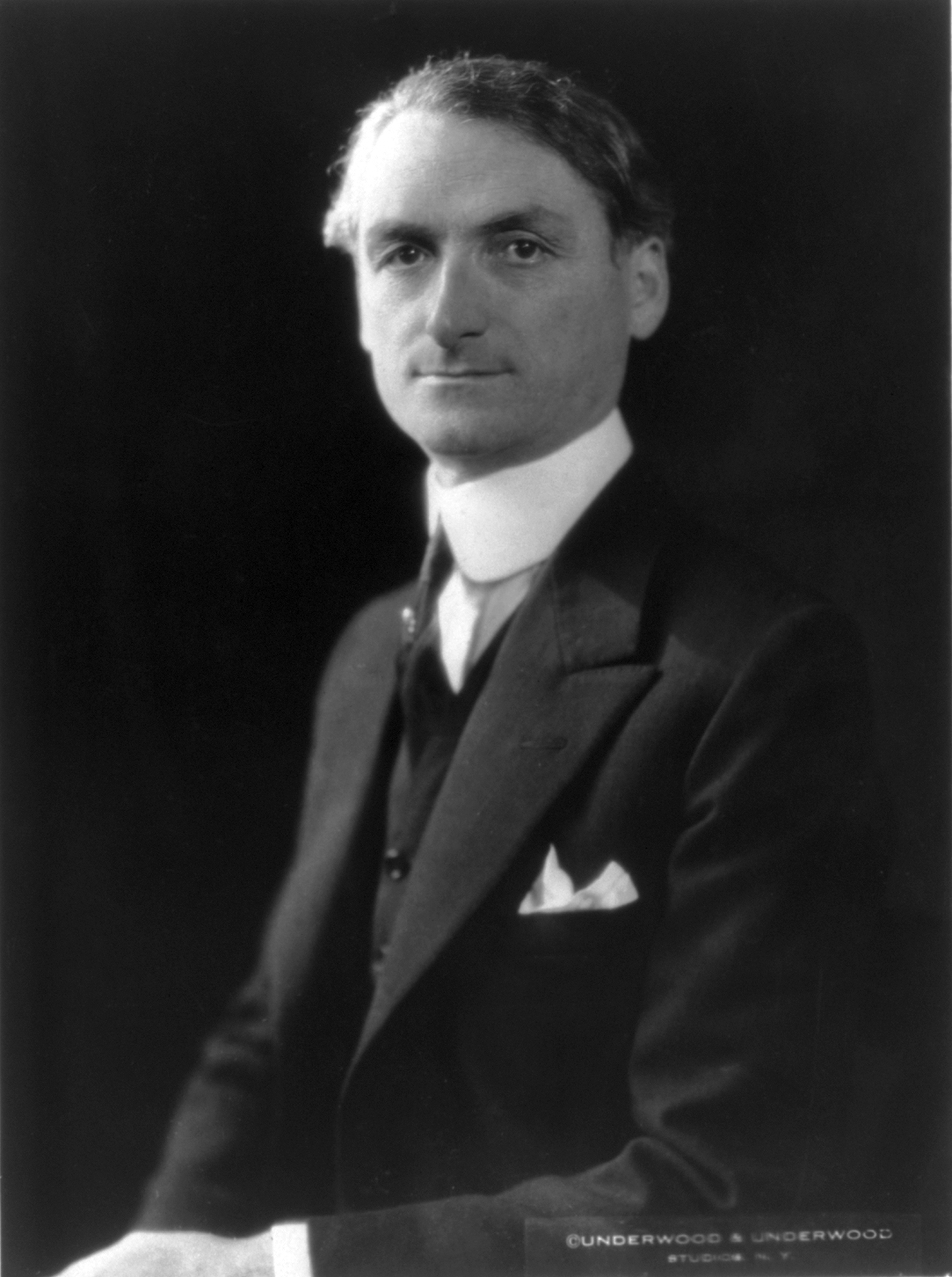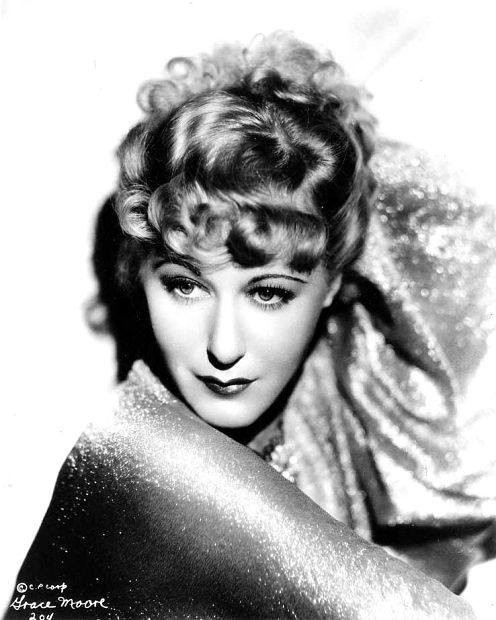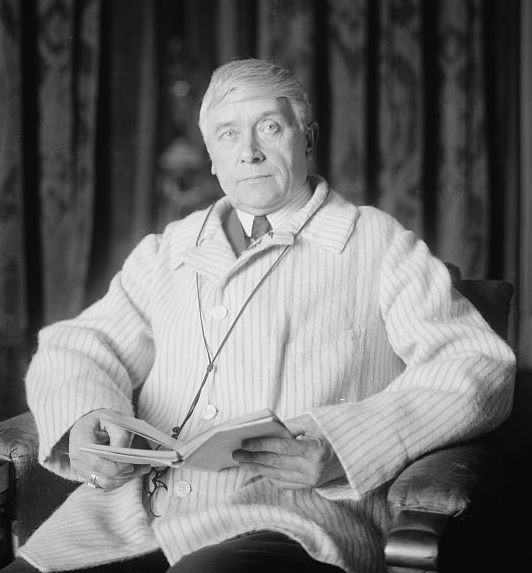|
L'amore Dei Tre Re
(''The Love of the Three Kings'') is an opera in three acts by Italo Montemezzi. Its Italian-language libretto was written by playwright Sem Benelli who based it on his play of the same title. Performance history ''L'amore de tre re'' premiered at La Scala in Milan on 10 April 1913. It received mixed reviews, but quickly became an international success, especially in the United States, where it became a staple of the repertory for several decades. The opera was given its American premiere in New York at the Metropolitan Opera on 14 March 1918 with Enrico Caruso, Claudia Muzio and Pasquale Amato. After the Second World War, the frequency of performances declined dramatically, and it was not performed in the US for nearly 30 years. It is still performed only rarely. Roles Synopsis :Time: The Dark Ages :Place: Italy Archibaldo, the blind king, conquered the kingdom of Altura forty years before the opera begins. After forty years, the Alturan people openly object to the reign o ... [...More Info...] [...Related Items...] OR: [Wikipedia] [Google] [Baidu] |
Italo Montemezzi
Italo Montemezzi (August 4, 1875 – May 15, 1952) was an Italian composer. He is best known for his opera ''L'amore dei tre re'' (''The Love of the Three Kings''), once part of the standard repertoire. It is now seldom performed. Biography Montemezzi was born in Vigasio, near Verona. He studied music at the Milan Conservatory and subsequently taught harmony there for one year. His opera ''L’amore dei tre re'', written in 1913, launched his career and enabled him to devote himself to composition. His opera ''La nave'' had its world premiere in Milan in 1918. In 1919 he visited the United States, conducting the American premiere of ''La nave'' at the Chicago Opera Association on November 18. He lived in California from 1939 and commemorated Italy's surrender with ''Italia mia'' (1944), but later made frequent trips to Italy. He returned permanently in 1949 and died in Vigasio three years later. Other non-operatic works include the symphonic poem ''Paolo e Virginia'' (after ... [...More Info...] [...Related Items...] OR: [Wikipedia] [Google] [Baidu] |
Edoardo Ferrari-Fontana
Edoardo Ferrari-Fontana (8 July 1878 – 4 July 1936) was an Italian tenor. Biography He was born on 8 July 1878 in Rome, Italy. He married Margarete Matzenauer on 26 June 1912 at the Italian Club in Buenos Aires, Argentina, and they divorced in 1917. He later married Maria Esther Telle y Pastor. He had six children, including Adrienne Ferrari-Fontana (b. 1914). His American debut was in Tristan und Isolde in Boston, Massachusetts when he was the only tenor available when the original lead singer left the country a day before the performance. In 1914, he made his debut at the Metropolitan Opera in the role of Avito in the United States Premiere of L'amore dei tre re by Italo Montemezzi, conducted by Arturo Toscanini. He had previously created the role in the world premiere at Teatro alla Scala under Tullio Serafin. He moved to Toronto, Ontario Ontario ( ; ) is one of the thirteen provinces and territories of Canada.Ontario is located in the geographic eastern half of ... [...More Info...] [...Related Items...] OR: [Wikipedia] [Google] [Baidu] |
Arturo Basile
Arturo Basile (16 January 1914 – 21 May 1968) was an Italian conductor. He was known mostly for his work in the Italian operatic repertoire, especially Puccini and Verdi. Basile was born in Syracuse, Sicily. When he was 12, he studied the oboe at the Giuseppe Verdi Conservatory in Turin, with Franco Alfano as music director at the time. His teachers included Giorgio Federico Ghedini. After graduating in 1933, he took up conducting, and was leading the Orchestra Sinfonica dell' EIAR by the early 1940s. In 1946, he took first prize in a conducting competition with Tullio Serafin heading the jury. He was soon recording and performing at the world's major opera houses with the leading singers of the day, including Maria Callas, Renata Tebaldi, Price, Tucker, Giorgio Tozzi and Giuseppe di Stefano Giuseppe Di Stefano (24 July 19213 March 2008) was an Italian operatic tenor who sang professionally from the mid-1940s until the early 1990s. Called Pippo by both fans and friends, ... [...More Info...] [...Related Items...] OR: [Wikipedia] [Google] [Baidu] |
Sesto Bruscantini
Sesto Bruscantini (10 December 1919 – 4 May 2003) was an Italian baritone, one of the greatest buffo singers of the post-war era, especially renowned in Mozart and Rossini. Biography and career Bruscantini was born in Civitanova Marche, Marche, Italy. After obtaining a law degree, he turned to vocal studies in Rome, with Luigi Ricci at the Accademia Nazionale di Santa Cecilia. He won a vocal contest organized by RAI in 1947 and made his debut at La Scala in Milan in 1949, as Geronimo in Cimarosa's ''Il matrimonio segreto''. Bruscantini rapidly established himself in buffo roles in opera by Mozart and Rossini such as ''Le nozze di Figaro'', ''Don Giovanni'', ''Cosi fan tutte'', ''Il turco in Italia'', ''L'italiana in Algeri'', ''Il barbiere di Siviglia'', ''La Cenerentola'' but also in works by Donizetti such as ''L'elisir d'amore'', ''La fille du régiment'' and ''Don Pasquale''. In some of these works he often alternated roles, from Figaro to the Count in ''Nozze'', Guglielmo ... [...More Info...] [...Related Items...] OR: [Wikipedia] [Google] [Baidu] |
Renato Capecchi
Renato Capecchi (born Cairo, November 6, 1923; died Milan, June 30, 1998) was an Italian baritone, actor, and opera director. He sang in the Italian premiere of Shostakovich's '' The Nose'' and Prokofiev's ''War and Peace'', and in the world premieres of Gian Francesco Malipiero's ''La donna è mobile'', Giorgio Federico Ghedini's ''Billy Budd'' and ''Lord Inferno'', and Sylvano Bussotti's ''L'ispirazione.'' In 1951, Capecchi made his New York Metropolitan Opera debut as Germont in '' La traviata'' and sang regularly in leading roles there until 1954. After a period of singing primarily in European opera houses, he returned to the Metropolitan Opera in 1975 where he specialized in smaller comic roles in otherwise tragic operas such the Sacristan in ''Tosca'' and Benoit and Alcindoro in ''La bohème''. Amongst the productions Capecchi directed were '' The Daughter of the Regiment'' at New York City Opera (1985), '' Così fan tutte'' in Susa, Italy (1978), and the US premiere o ... [...More Info...] [...Related Items...] OR: [Wikipedia] [Google] [Baidu] |
Clara Petrella
Clara Petrella (28 March 1914 in Greco Milanese – 19 November 1987 in Milan) was an Italian operatic soprano, particularly associated with the Italian repertory, an outstanding singing-actress nicknamed the "Duse of Singers". Born in a musical family, she was a descendant of composer Errico Petrella, and the niece of soprano Oliva Petrella. She studied first with her sister Micaela, and later with Giannina Russ. She made her debut in Alessandria, as Liu, in 1939. She quickly sang throughout Italy, making her debut at La Scala in 1947, as Giorgetta in Il tabarro, she sang there regularly until 1962. She was particularly admired in the verismo repertory and contemporary works. She created many roles in opera by the following composers; Lodovico Rocca, Ildebrando Pizzetti, Ermanno Wolf-Ferrari, and Renzo Rossellini. Petrella had a beautiful spinto voice, combined with an explosive dramatic temperament, and she was compared to the great Italian actress Eleonora Duse. In th ... [...More Info...] [...Related Items...] OR: [Wikipedia] [Google] [Baidu] |
Ezio Pinza
Ezio Fortunato Pinza (May 18, 1892May 9, 1957) was an Italian opera singer. Pinza possessed a rich, smooth and sonorous voice, with a flexibility unusual for a bass. He spent 22 seasons at New York's Metropolitan Opera, appearing in more than 750 performances of 50 operas. At the San Francisco Opera, Pinza sang 26 roles during 20 seasons from 1927 to 1948. Pinza also sang to great acclaim at La Scala, Milan and at the Royal Opera House, Covent Garden, London. After retiring from the Met in 1948, Pinza enjoyed a fresh career on Broadway in musical theatre, most notably in ''South Pacific'', in which he created the role of Emile de Becque. He also appeared in several Hollywood films. Biography Early years Ezio Fortunato Pinza was born in modest circumstances in Rome in 1892 and grew up on Italy's east coast, in the ancient city of Ravenna. He studied singing at Bologna's Conservatorio Giovanni Battista Martini, making his operatic debut at age 22 in 1914, as Oroveso in '' Norma ... [...More Info...] [...Related Items...] OR: [Wikipedia] [Google] [Baidu] |
Richard Bonelli
Richard Bonelli (born George Richard Bunn; 6 February 1889 – 7 June 1980) was an American operatic baritone active from 1915 to the late 1970s. Although he sang predominantly on stage in both light and grand operas, he also performed at various times on radio, in concerts and films, as well as on television."Richard Bonelli dies at 91, sang with old Civic Opera", ''Chicago Tribune'', June 12, 1980, p. C23. ProQuest Historical Newspapers, Ann Arbor, Michigan; subscription access through The University of North Carolina Library at Chapel Hill Library. Early life and training Bonelli was the child of Ida (née Homel) and Martin Bunn of Port Byron, New York."California Death Index, 1940-1997", "Bonelli, Richard", 7 June 1980, including mother's maiden name; California Department of Health Services, Vital Statistics Section, Sacramento; copies of original records in FamilySearch database. His family later moved to Syracuse and soon George preferred to be called Richard. Prior to d ... [...More Info...] [...Related Items...] OR: [Wikipedia] [Google] [Baidu] |
Charles Kullman
Charles Kullman (January 13, 1903February 8, 1983), originally Charles Kullmann, was an American tenor who enjoyed a wide-ranging career, both in Europe and America. Life and career Charles Kullman was born in New Haven, Connecticut, and began performing in church choir at age eight. He attended Yale University, studying medicine. However, after graduating in 1924, he returned to his first interest, music, believing he could succeed in making a career as a singer. He was accepted at the Juilliard School on a scholarship where he studied with Anna E. Schoen-René.Juilliard Archives After completing three years of study there, he won another scholarship, this one affording him the opportunity to study at the American University in Fontainebleau, France, with Thomas Salignac. Upon returning to America, he taught voice for a while at Smith College, then joined Vladimir Rosing's touring American Opera Company and began singing leading roles. Two years later, Kullman returned to Eu ... [...More Info...] [...Related Items...] OR: [Wikipedia] [Google] [Baidu] |
Grace Moore
Mary Willie Grace Moore (December 5, 1898January 26, 1947) was an American operatic soprano and actress in musical theatre and film.Obituary ''Variety'', January 29, 1947, page 48. She was nicknamed the "Tennessee Nightingale." Her films helped to popularize opera by bringing it to a larger audience. She was nominated for the Academy Award for Best Actress for her performance in ''One Night of Love''. In 1947, Moore died in a plane crash at the age of 48. She published an autobiography in 1944 titled ''You're Only Human Once''. In 1953, a film about her life was released titled '' So This Is Love'' starring Kathryn Grayson. Early life Moore was born Mary Willie Grace Moore, the daughter of Tessa Jane (née Stokely) and Richard Lawson Moore. She was born in the community of Slabtown (now considered part of Del Rio) in Cocke County, Tennessee. By the time she was two years old, her family had relocated to Knoxville, a move Moore later described as traumatic, as she found urban ... [...More Info...] [...Related Items...] OR: [Wikipedia] [Google] [Baidu] |
Pelléas Et Mélisande (opera)
''Pelléas et Mélisande'' (''Pelléas and Mélisande'') is an opera in five acts with music by Claude Debussy. The French libretto was adapted from Maurice Maeterlinck's symbolist play of the same name. It premiered at the Salle Favart in Paris by the Opéra-Comique on 30 April 1902; Jean Périer was Pelléas and Mary Garden was Mélisande, conducted by André Messager, who was instrumental in getting the Opéra-Comique to stage the work. The only opera Debussy ever completed, it is considered a landmark in 20th-century music. The plot concerns a love triangle. Prince Golaud finds Mélisande, a mysterious young woman, lost in a forest. He marries her and brings her back to the castle of his grandfather, King Arkel of Allemonde. Here Mélisande becomes increasingly attached to Golaud's younger half-brother Pelléas, arousing Golaud's jealousy. Golaud goes to excessive lengths to find out the truth about Pelléas and Mélisande's relationship, even forcing his own child, Yniold ... [...More Info...] [...Related Items...] OR: [Wikipedia] [Google] [Baidu] |
Claude Debussy
(Achille) Claude Debussy (; 22 August 1862 – 25 March 1918) was a French composer. He is sometimes seen as the first Impressionist composer, although he vigorously rejected the term. He was among the most influential composers of the late 19th and early 20th centuries. Born to a family of modest means and little cultural involvement, Debussy showed enough musical talent to be admitted at the age of ten to France's leading music college, the Conservatoire de Paris. He originally studied the piano, but found his vocation in innovative composition, despite the disapproval of the Conservatoire's conservative professors. He took many years to develop his mature style, and was nearly 40 when he achieved international fame in 1902 with the only opera he completed, '' Pelléas et Mélisande''. Debussy's orchestral works include ''Prélude à l'après-midi d'un faune'' (1894), ''Nocturnes'' (1897–1899) and ''Images'' (1905–1912). His music was to a considerable extent a r ... [...More Info...] [...Related Items...] OR: [Wikipedia] [Google] [Baidu] |








.jpg)
.jpg)


